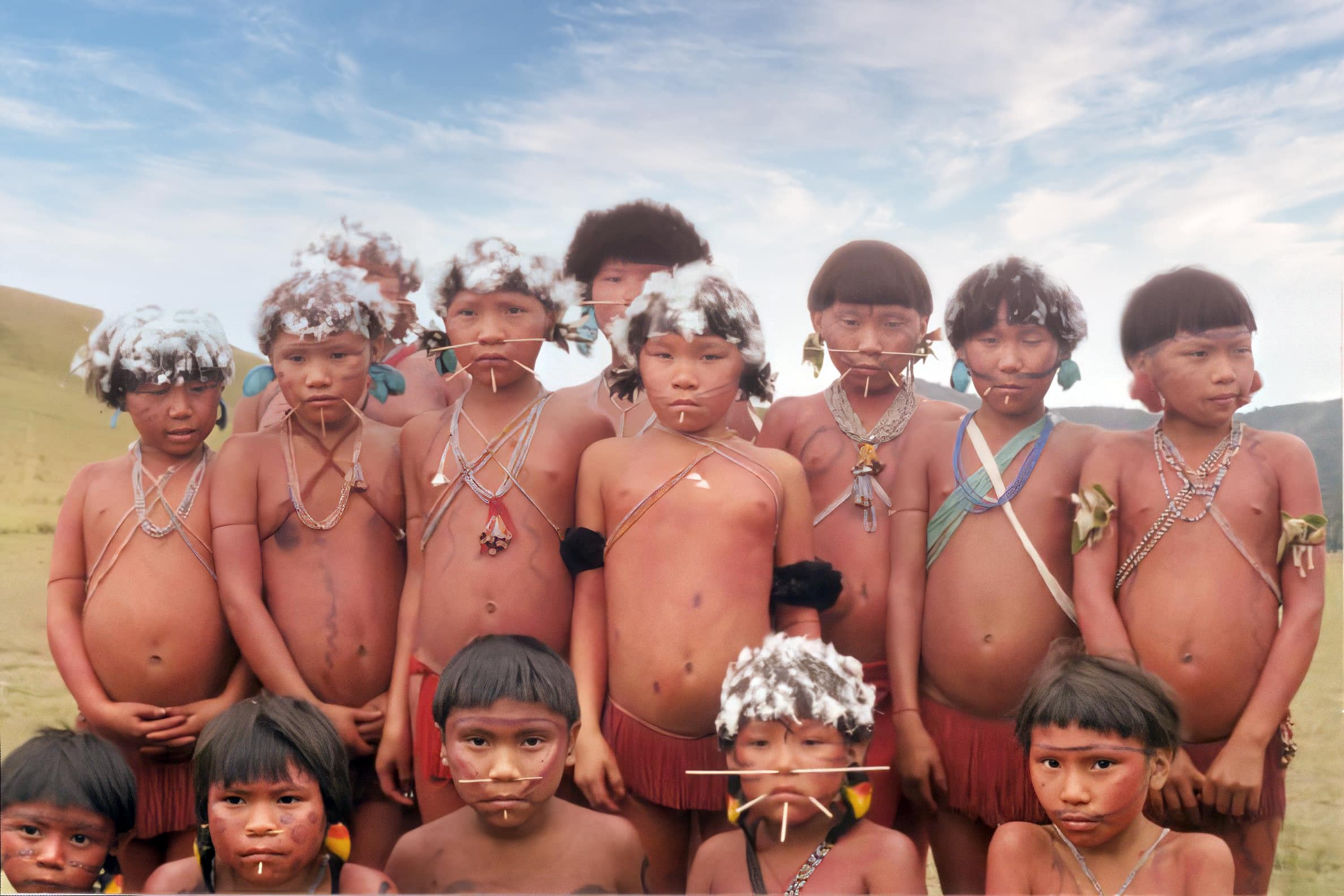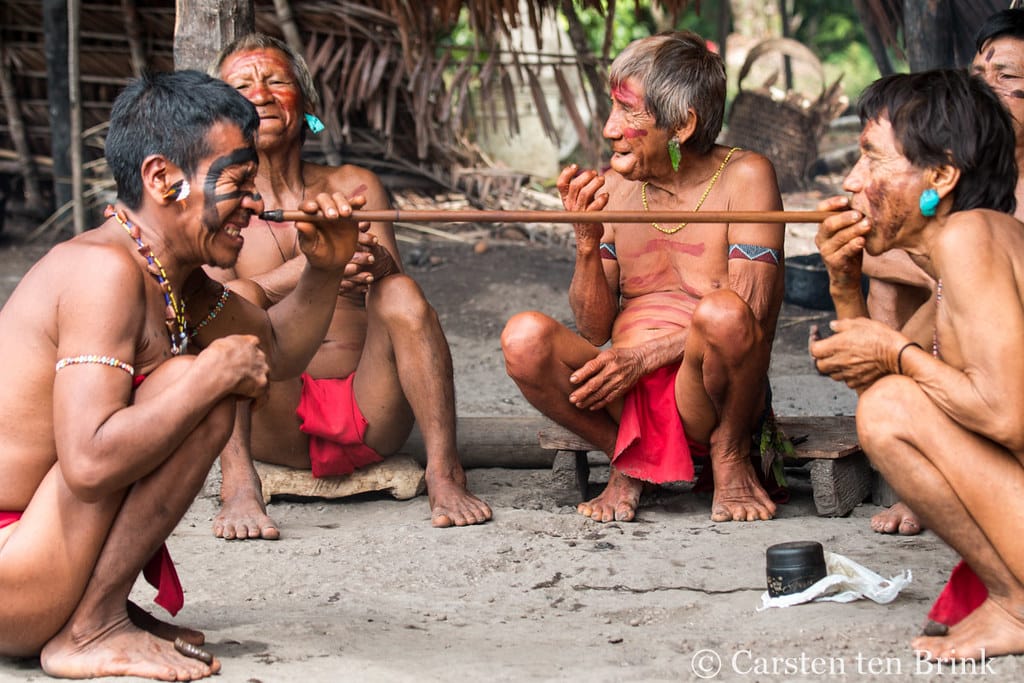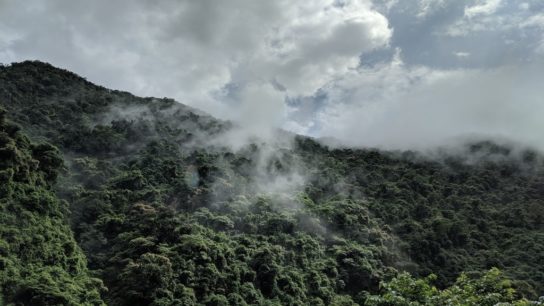Illegal mining in Yanomami in northern Brazil has caused a humanitarian crisis of hunger and disease among the indigenous population.
—
After meeting with ministers on Monday, president Luiz Inacio Lula da Silva announced a crackdown on supplies to illegal miners in the Yanomami territory in the hope to break a network of gold laundering.
Among the president’s orders are the halt of flights and river transport that provide supplies to the 20,000 wildcat miners operating in the area, nutritional and health assistance to the Indigenous community as well as the protection of health teams working in the villages. “All of these actions must be taken as soon as possible to stop the killing and help Yanomami families,” the government said in a statement.
In Yanomami, illegal mining activities have contaminated water rivers on which people rely for water and food, resulting in child malnutrition and an outbreak of malaria. A report published in December revealed that Yanomami children have been dying from malnutrition at a rate 191 times greater than the country’s average. The presence of illegal miners has also resulted in an escalation in sexual violence and organised crime in the area in recent years.

The Yanomami reserve, the country’s largest indigenous territory and home to some 30,000 Indigenous people, is one of Brazil’s three worst-affected Indigenous territories by illegal mining. Image: Wikimedia Commons.
Last week, Brazil’s government declared a public medical emergency in the Yanomami community as illegal mining activities keep devastating land and contaminating river waters with mercury. The Yanomami reserve, the country’s largest indigenous territory and home to some 30,000 people, is one of Brazil’s three worst-affected Indigenous territories by illegal mining.
Gold mining projects have increased across the wider Amazon region in recent years, owing to the steady growth of the global gold market. An investigation by the Hutukara Yanomami Association published in April 2022 found that illegal mining in the reserve had nearly tripled over the past three years during Jair Bolsonaro’s presidency, destroying 3,272 hectares (8,085 acres) and directly affecting some 15,000 Indigenous inhabitants.
Mining projects occur deep in the forests and degrade crucial habitats, posing significant risks of water contamination from toxic leaks and soil erosion. Studies have also found that gold mining has detrimental impacts on the health of the forest and limits their regrowth, where forest trees are discovered to have a lower capacity to accumulate carbon. The Guiana Shield, one of the most affected areas with gold mining activities accounting for as much as 90% of total deforestation, holds roughly 20 billion tonnes of above-ground carbon.
In an interview with Reuters on Monday, president of the Brazilian Mining Association (IBRAM) Raul Jungmann said that more than half of the 100 tonnes of gold produced in the country each year are illegally mined and called on the government to “take steps” to break this network.
Featured image by Carsten ten Brink/Flickr
You might also like: Amazon Rainforest: The Legal Battlefield for Land Ownership and Land Use Rights


















